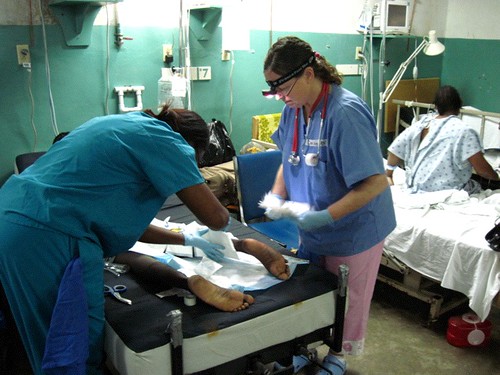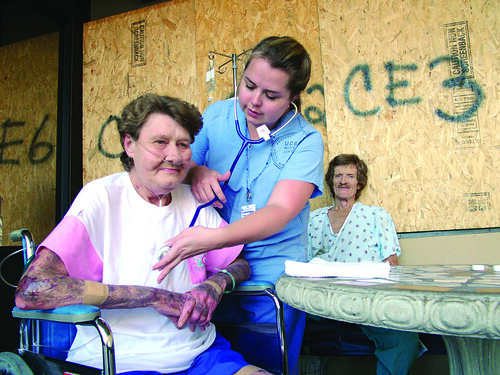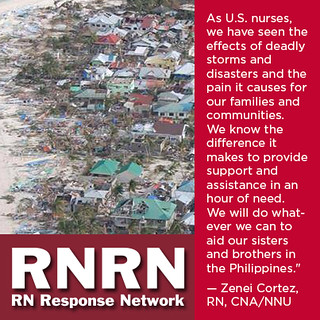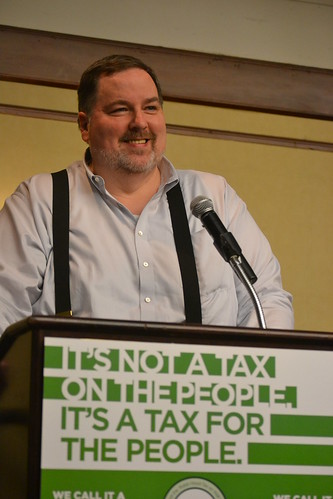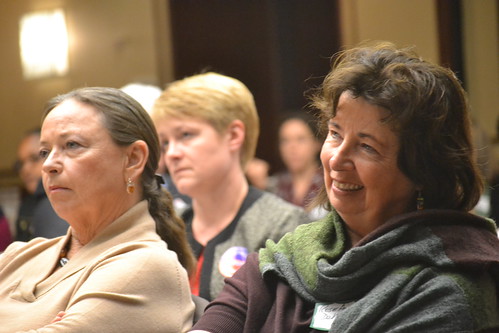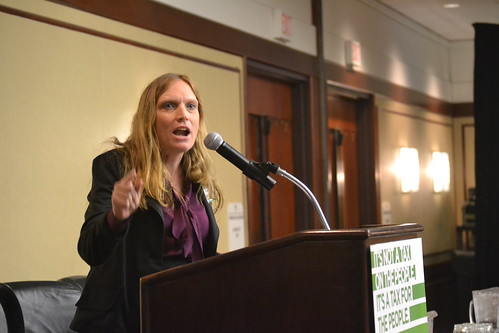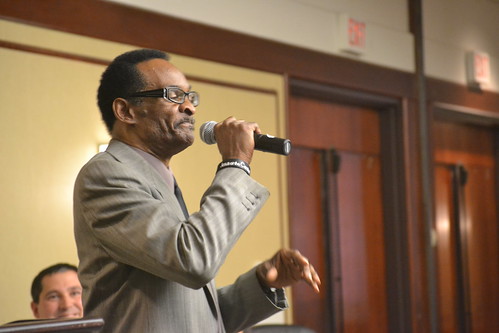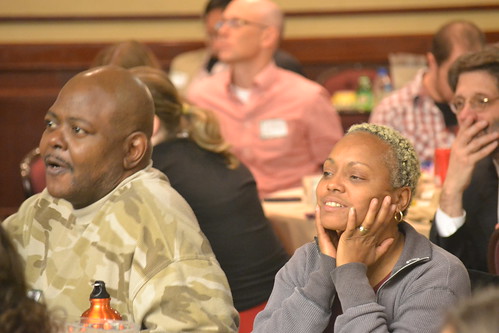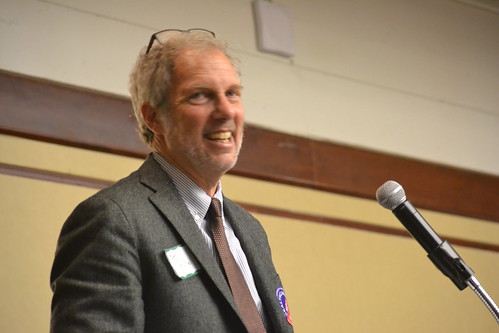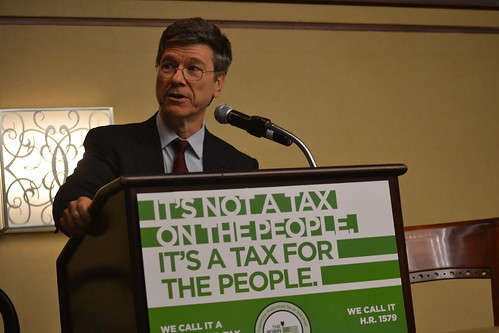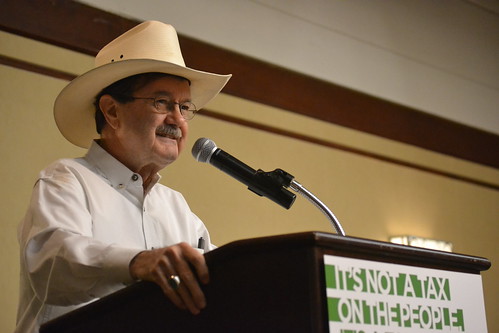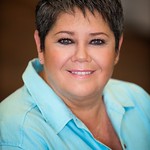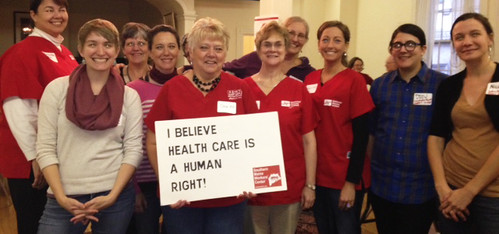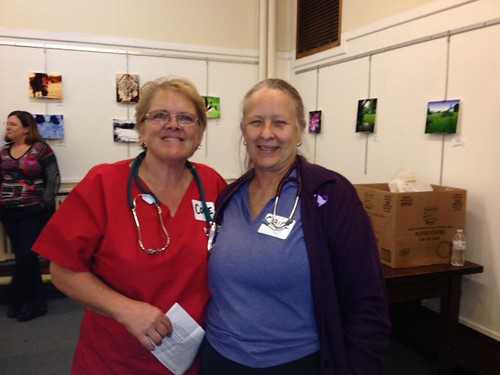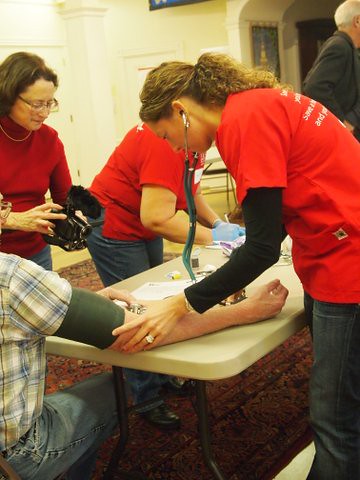Washington Nurses, Patients, Community Step Up the Fight for Safe Patient Care in DC Hospitals
In the face of heavy-handed opposition by the $1.2 billion District of Columbia hospital industry, a broad cross section of DC registered nurses, patients, and other community leaders today made a compelling case for safer care in DC hospitals.
More than 150 Washington DC nurses, backed by many others, packed a hearing today of the DC Council Health Committee to demand the Council act to improve public safety and protect vulnerable hospital patients by enacting the Patient Protection Act.
The bill would set specific limits on the number of patients RNs can care for (nurse-to-patient ratios), with additional staffing required based on individual need, similar to limits on class sizes or minimum standards for clean air and water.
Indeed, as a society, we regularly demand minimum standards in areas of public safety. For example, Veda Shook, president of the Association of Flight Attendants (Communication Workers of America) testified that “there can be no less than 1 flight attendant for every 50 passenger seats on a plane.”
Council Chairman Phil Mendelson, who introduced the bill last Friday, speaking at the hearing compared the push for the law to concerns for limits on class sizes and case loads for police detectives or juvenile justice workers. He called the proposed law “good public policy.”
Patient Testimony About Short Staffing in DC Hospitals
Several community residents came to the hearing to support the bill, and relate their own experiences. “I am here because my mother is dead, and died in pain, as a result of the crisis in our city’s hospitals,” said Tina Trowell. She reported that her mother came to Washington Hospital Center “because of complications related to a urinary tract infection” where “she developed multiple pressure sores covering her entire backside.
“Pressure sores, which come from lying in the same position or having soiled dressings for too long, are completely preventable – but only when there are enough nurses to do their jobs,” said Trowell. “Instead, my mother suffered. There was no one to change her dressings when she was incontinent or apply antibiotics in a timely fashion or even give her regular pain medication when the pressure ulcers had grown out of control.”
Trowell emphasized she does not blame the nurses, “there were simply too few of them to care for the large number of patients, including my mother, in an optimal way. No mother should have to die in agony, covered in her own feces as mine did. Every patient deserves to live and die with dignity.”
Mary Neznek shared her experience as a patient at Sibley Memorial Hospital when she came for a hip replacement. “The real pain and problems didn’t come from my surgery as you might expect. They came in the hours and days after my surgery, and it was exacerbated because my nurses were so clearly over worked.”
“I could see that the nurses were running to get to all of their patients and I could tell they were trying their best, but it was also apparent that they could not do it all,” Neznek said. “No one should have additional pain inflicted on them because hospital management are cutting corners and understaffing nurses. No one in a hospital in the capital of the richest country in the world should have to endure unnecessary discomfort or be degraded because of short staffing.”
Rabbi Elizabeth Richman of Jews United for Justice in DC cited her own experience when giving birth at a city hospital noted, “my son developed feeding issues shortly after he was born. Overburdened staff would stop in and try to help me feed him as best they could, but mostly they told me there were too few of them working that day and everything would be okay tomorrow when staffing would be back to normal.”
“The staff was larger the next day, but 24 hours later it was just too late. My son’s feeding problems had snowballed. My husband and I spent the next four months spending money and time we didn’t have consulting with specialists to help our son. The specialists told us that if there had been people on staff in the first 24 hours to give our son the attention he needed, this would never have happened.”
DC RNs highlighted the need for the Act.
Washington Hospital Center RN Lori Marlowe called the Patient Protection Act “the only solution to the chronic problem of understaffing in District hospitals. Bedside nurses such as myself are the only ones in minute-by-minute contact with patients and are thus the only ones who can accurately assess patient acuity and need.”
“I’ve been a patient in District hospitals myself and I’ve always taken an RN friend with me because I know the nurses will be understaffed,” said Brenda King, an RN who worked at Children’s National Medical Center for 42 years. “Several friends of mine have died from breast cancer over the last few years, and I’ve stayed with all of them while they were in the hospital so I could make sure they were getting the care they needed.”
LaKisha Little, RN, vice president, District of Columbia Nurses Association, noted that in the neonatal intensive care unit at Children’s, “the patient load has been increased by 50 percent on many occasions. If one of the nurses on the unit is able to take a break, then another nurse has to care for five, and sometimes six babies. These are dangerous conditions in any hospital unit, but especially in a neonatal intensive care unit where we have our youngest and most vulnerable patients.”
Judy Alba, RN at Medstar Washington Hospital cited a study in the current issue of the Journal of Patient Safety which says that each year between 210,000 and 440,000 patients “who go to the hospital for care suffer some type of preventable harm that contributes to their death. In terms of human lives, this part of our broken healthcare system represents the equivalent of 17 jumbo jets filled to full capacity crashing every week.”
“As direct care bedside nurses in our city’s hospitals,” said Alba, “we live this reality every day. Nurses are the most important line of defense against medical errors. But more and more, this important barrier of defense is being tampered with – by poor and unsafe staffing and overwhelming work loads.”
California law saving thousands of lives
The DC bill is modeled after a highly successful California law that since its implementation nine years ago has saved thousands of patient lives, promoted improved overall quality of care, and helped keep the state’s most experienced nurses at the bedside.
Research has documented the effects of the law. Most notably, the principle study done on the California ratios compared it to comparable hospitals in Pennsylvania and New Jersey.
It found New Jersey hospitals would have 14% fewer patient deaths and Pennsylvania 11% fewer deaths if they matched California’s 1:5 ratios in surgical units. Fewer California RNs miss changes in patient conditions because of their workload than New Jersey or Pennsylvania RNs. California RNs cite fewer complaints from patients and families and the nurses have more confidence that patients can manage their own care after discharge. California RNs are far more likely to stay at the bedside, and less likely to report burnout than nurses in New Jersey or Pennsylvania.
Michael Jackson, a trauma nurse at the University of California San Diego noted that, with ratios, “a person who has sustained a life-threatening injury in San Diego County stands twice the chance of surviving than if the injury had occurred in nearly any other part of the U.S.”
Responding to the insistence of the hospital industry that it needs “flexibility” to set staffing levels at whatever they want, Jackson noted the hospital industry will not police itself. He compared the behavior of hospitals executives to the banks who have “run amok.”
Hedy Dumpel, director of Nursing Practice and Patient Advocacy for National Nurses United, lead sponsor of the Patient Protection Act, recalled that the same arguments made by DC hospitals were made almost word for word by California hospitals before the law was passed.
“They claimed it would deprive them of necessary staffing flexibility. Hospitals would close and they wouldn’t be able to find the nurses or the funding; that they would have to lay off support staff and they didn’t believe it would impact the quality of care. But I am here to tell you that California’s nurse-to-atient ratio law not only works but has been a great success at all levels,” Dumpel said.
Michael Lighty, NNU’s director of public policy, rejected the hospitals call for flexibility as simply the desire to determine staffing on the “basis of budget” and the desire to change, or reduce staffing “at will.” Discounting hospital claims of the economic impact of the ratios, Lighty noted that California hospitals remain highly profitable, $16.5 billion in profits the past five years. While California remains the only state so far to enact ratios, it is home to 10 percent of all U.S. hospital patients, a very substantial statistical sample, of the success of ratios, he said.
Asked by Mendelson if a ratio law would worsen a nursing shortage, Lighty noted that since the ratio law went into effect in California in 2004, the number of RNs at the bedside has increased by 22 percent, mainly due to reduced nurse burnout and improved retention of experienced RNs due to the ratio law.
Broad Community Support for Safe Staffing
Jos Williams, president of the Metropolitan Washington Council, AFL-CIO, representing 175 area union locals, noted that without “a legal standard for nurse staffing in (DC) hospitals, healthcare facilities are stretching their nursing staff with unsafe patient loads. Nurses are often forced to work mandatory overtime hours, leading to fatigue and burnout for nurses and disruption of their family lives, as well as increasing error rates in patients’ care.
“Labor has concerns about this not only because we represent nurses and other health care workers, but we also represent consumers of health care,” said Williams.
Monica Owens, leader of the DC chapter of the National Organization for Women, noted , “when women’s access to quality health care is under threat because hospitals routinely understaff their facilities, it becomes a women’s issue. It is a women’s issue when there aren’t enough registered nurses to care for women who are giving birth in our city’s hospitals.”
“It is a women’s issue when babies in the neo-natal intensive care unit don’t have adequate nursing care. It is a women’s issue when oncology nurses are stretched too thin to take care of women with ovarian, cervical and breast cancer and who are recovering from operations. And it is a women’s issue when RNs, the vast majority of whom are women, are not able to fulfill their calling because giant hospital corporations refuse to put enough nurses at the bedside to care for patients,” Owens said.
Louis Wolf, Gray Panthers of Metropolitan Washington described his experience in a DC hospital with waiting for safer care after major surgery for deep vein thrombosis, followed by gangrene, that led to a leg amputation. “Finally a nurse arrived, saw me suffering and he gave me something for the pain. That’s when I understood that having great nurses isn’t enough – we have to have enough great nurses at the bedside taking care of patients.
Martin Garcia, representing the Gertrude Stein Democratic Club added that “like other residents of the District, our members encounter a health care system that often feels oriented toward the bottom-line of hospitals, rather than toward patient safety. That trade-off makes no sense to us. And it is short-sighted. The LGBT community understands clearly that the only way to deliver cost-effective care is by setting specific limits on the number of patients assigned to each nurse. High quality care minimizes complications, re-admissions and the errors that are usually the result of poor staffing.”
James Salt, executive director of Catholics United, said “profit margins should never compromise” patient safety and “the dignity of human life is already being compromised by inadequate staffing” in DC hospitals. “Are we going to demand accountability from our hospitals? It’s time to pass the Patient Protection Act.”
Peter Arno, director of health policy research for the Political Economy Research Institute of the University of Massachusetts-Amherst refuted hospital industry claims of higher costs. He cited one recent study that found “each additional RN assigned to patient care generated nearly $58,000 ($57,700 in 2005 dollars) in reduced medical costs and improved national productivity or about $69,000 in 2013 dollars. These savings were generated primarily by reduced nosocomial complications, length of stay and mortality.”
